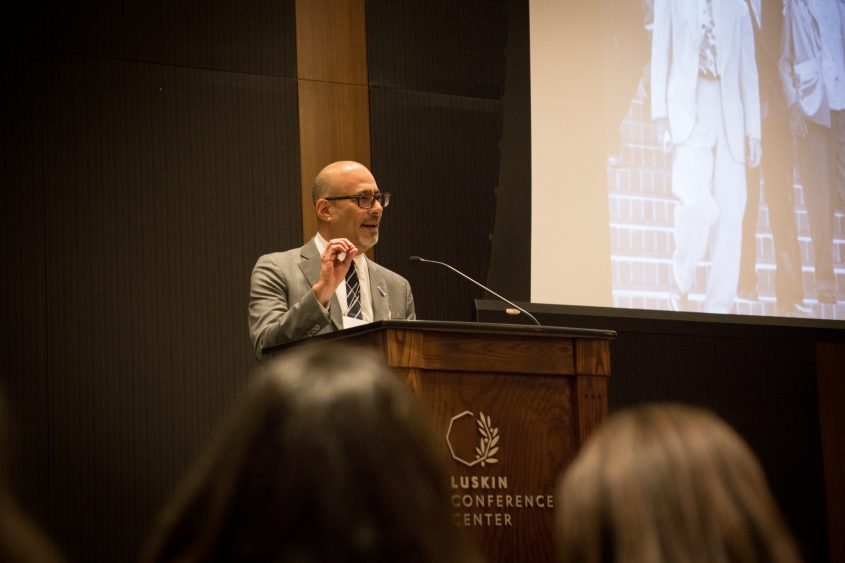
70 Years of Improving Workers’ Lives at UCLA UCLA Luskin's Abel Valenzuela, director of the Institute for Research on Labor and Employment, reflects on seven decades of labor market research during a rousing anniversary celebration
By Stefani Ritoper
UCLA Institute for Research on Labor and Employment
On April 11, 2017, more than 250 attendees gathered at UCLA’s Meyer and Renee Luskin Conference Center to celebrate the Institute for Research on Labor and Employment’s 70 years of work. In an evening with music, food and camaraderie, community and campus leaders reflected on the Institute’s long and storied history.
The theme of the evening was “UCLA’s Role in Workers’ Lives Today.” Institute director Abel Valenzuela, who is also a professor of urban planning at the UCLA Luskin School of Public Affairs, opened the evening by posing the question: In this divided political climate, what is UCLA’s responsibility to improve workers’ lives?
Part of the answer lies in the work that the Institute has undertaken over the past seven decades, Valenzuela said. For seven decades, the Institute has conducted timely and impactful research on labor markets and how work impacts workers and their families. Through the work of its units – UCLA Labor Center, Human Resources Roundtable and the Labor Occupational Safety and Health program – the Institute has created programing to improve workers lives, researching key issues such as worker health and safety, the minimum wage, wage theft and immigrant worker issues.
“It’s amazing that you’re still here,” said History professor Robin D.G. Kelley about the Institute’s long tenure at UCLA. He spoke about the work that IRLE has done to build the capacity of worker organizations, and what this has done in turn for workers’ issues in Los Angeles. “What you’ve been able to do is shift attention to low-wage, marginalized workers. It’s not just a position of defending labor; it’s a vision of transforming society.”
UCLA alumna Ana Luz Gonzalez MA UP `02 PhD `15 and political science student Fernando Antunez spoke about the Institute’s teaching program. Gonzalez talked about her research on day laborers and wage theft, and how this research has been pivotal in advancing policy and educational programs aimed at ending wage theft among low-wage workers. Antunez talked about how work and mental health are connected, sharing the moving story of his own family as they coped with his mother’s deteriorating health.
Keynote speaker and former labor leader Maria Elena Durazo described the importance of UCLA’s commitment to working families. “It’s working families that pay for public higher education,” she said. “They are the permanent donors of the public university system.”
Durazo emphasized that working people need to protect their ability to defend their rights because many laws are not enforced. She spoke of the UCLA Labor Center’s work, partnering with worker organizations on issues such as wage theft, as well as the role of the Department of Labor’s Occupational Safety and Health Administration in preventing worker deaths on the job.
All speakers emphasized the hopefulness that the work of the Institute brings in this current political and economic era. “These are not dark times. These are bright times,” Kelley said. “And you’re shining the light.”

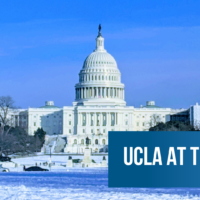
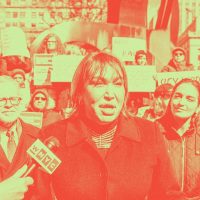

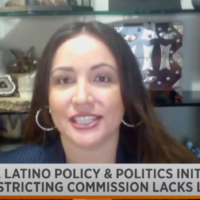
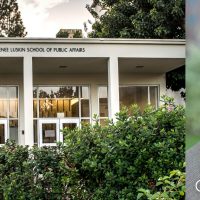



Leave a Reply
Want to join the discussion?Feel free to contribute!